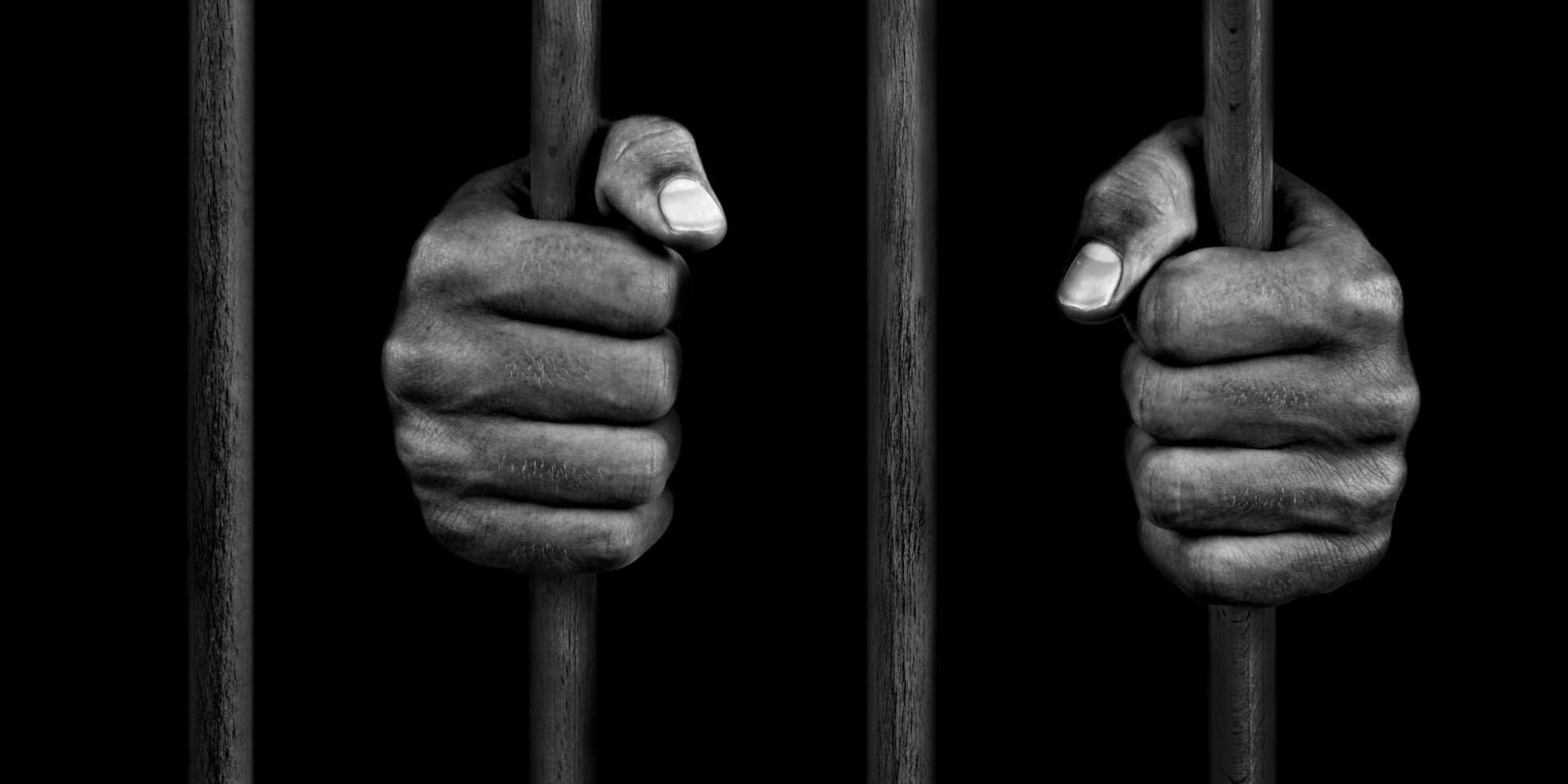Latest News
Laws of Custody after arrest in India

The provisions for holding a person in custody for the purpose of furthering investigation, in India are governed by Section 167 of the Code of Criminal Procedure. Section 167 of the Code allows that a person may be held in the custody of the police for a period of 15 days on the orders of a Magistrate. A Judicial Magistrate may remand a person to any form of custody extending up to 15 days and an executive magistrate may order for a period of custody extending up to 7 days. A person may be held in the custody of the police or in judicial custody.
Police custody may extend only up to a period of 15 days from the date custody begins but judicial custody may extend to a period of 90 days for a crime which entails a punishment of death, life imprisonment or period of imprisonment exceeding 10 years and 60 days for all other crimes if the Magistrate is convinced that sufficient reasons exist, following which the accused or suspect must be released on bail.
The Magistrate has the authority to remand the person into judicial or police custody. If a person is transferred from police to judicial custody the number of days served in police custody is deducted from the total time remanded to judicial custody.
The most important difference is of the fact that the accused can be sent to police custody only within the first fifteen days of the presentation before the Magistrate after the arrest. But in case of judicial custody, such a person can be sent to Prison, either within the first fifteen days or even thereafter.
Such accused can be kept in judicial custody if it’s a case of a police investigation that is a police report or challan has not been filed to the magistrate, within 60 days or 90 days and even then the accused does not file bail bond, then he would continue with judicial custody.
But if the police report is filed within aforementioned days then the accused won’t be released on default bail and thus will continue to be detained under judicial custody because after investigation the process of enquiry has started.
As per Section 436A of the code of criminal procedure, if the accused is under trial and has under judicial custody, undergone half of the maximum punishment awardable for the offence, then he can be released on default bail. So the maximum period of judicial custody can be up to half of the maximum period awardable for the offence.
The rights of the accused begin from the time of his arrest. The Constitution of India under Article 22 provides for the protection of the arrested person to the extent that he has a right to be informed of the reason for arrest and he must be produced before the nearest Magistrate within a period of 24 hours.
After the legal arrest of a person, his rights are protected through the time period for which he may be held in custody. For the custody to be a legal, a person may not be held in custody for more than 15 days. A Magistrate must be convinced that there are exceptional circumstances present to extend this custody for a maximum of 60-90 days depending in the nature of the crime being investigated. A cautious reading of S.167 (1) of the code of criminal procedure makes it clear that the officer in charge of the police station or the investigating officer (if he is not below the rank of sub-inspector) can ask for remand only when there are grounds to believe that the accusation or information is well-founded and it appears that the investigation cannot be completed within the period of twenty-four hours as specified under Section 57.
It is the right of the accused that he is brought before a Magistrate within 24 hours of arrest, excluding the time taken in transportation from the place of custody to the Magistrate. If no judicial magistrate is immediately available then he may be taken before an Executive Magistrate who can remand him to custody for a maximum of 7 days following which he must be taken before a judicial magistrate.
The words “such custody” and “for a term not exceeding fifteen days in the whole” are very significant. On a combined reading of S.167(2) and (2A) it emerges that the Judicial Magistrate to whom the Executive Magistrate has forwarded the arrested accused can order detention in such custody namely police custody or judicial custody under S.167(2) for the rest of the first fifteen days after deducting the period of detention order by the Executive Magistrate. The detention thereafter could only be in judicial custody.
There are also specific rights during arrest and custody, governing the right of medically unfit prisoners. These are that women accused of any offence if arrested so soon after childbirth that they cannot at once be taken before the Magistrate without personal suffering and risk to health should not ordinarily be removed until they are in a proper condition to travel.
They should be allowed to remain under proper charge in the care of their relations, or be sent to the nearest dispensary, and suffered to remain there until the officer in charge of the dispensary certifies that they are sufficiently recovered.
If the arrest is invalid on account of breach of procedure or violation of any other right or if the custody is not passed within the framework of the law by a competent Magistrate who has jurisdiction over the issue, the person so detained can file a writ of habeas corpus under Article 32 or 226 of the Constitution of India. However, it must be noted that a writ does not lie against legal custody, no matter what rights may have been violated before the lawful custody.



































































































